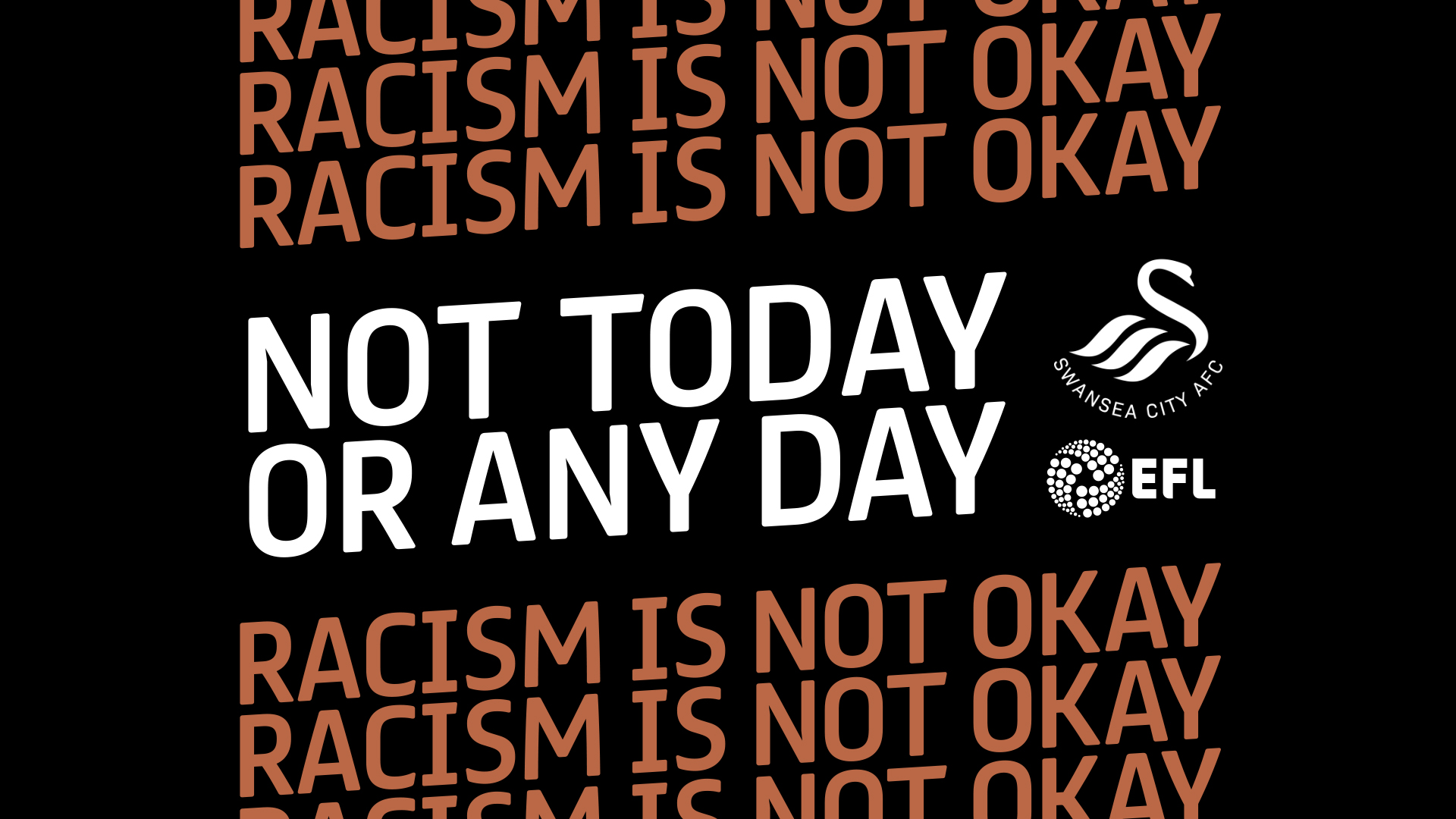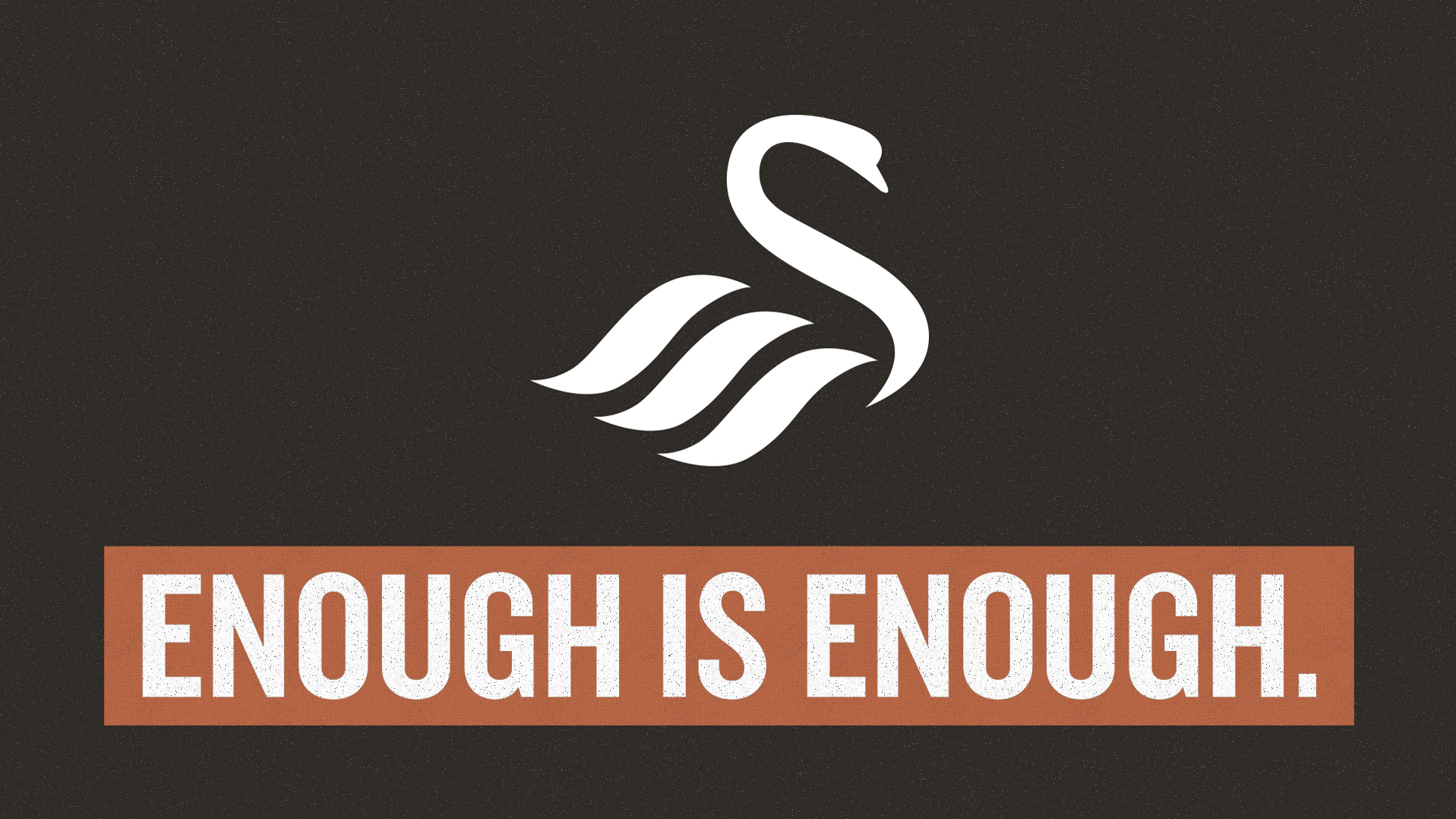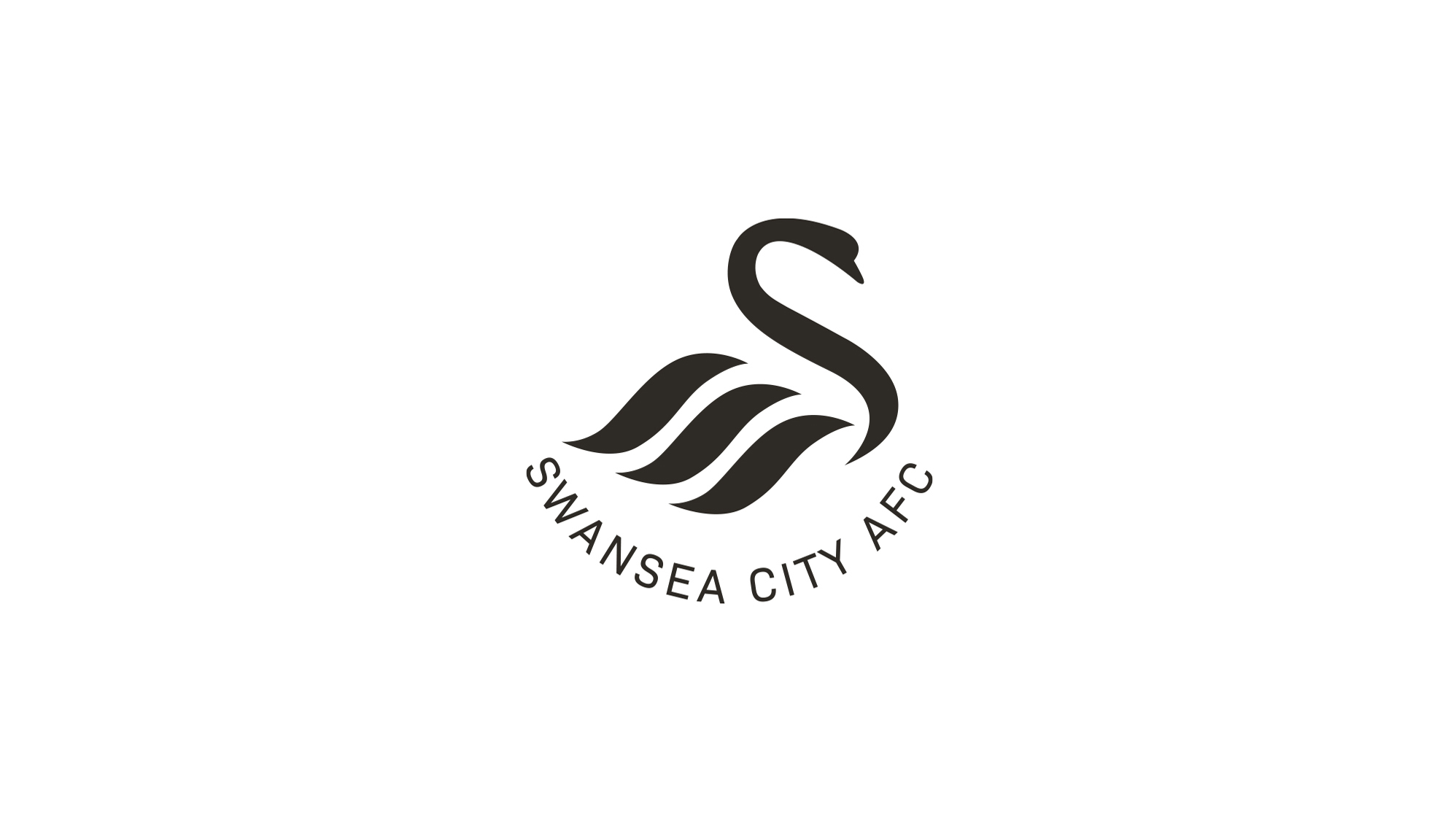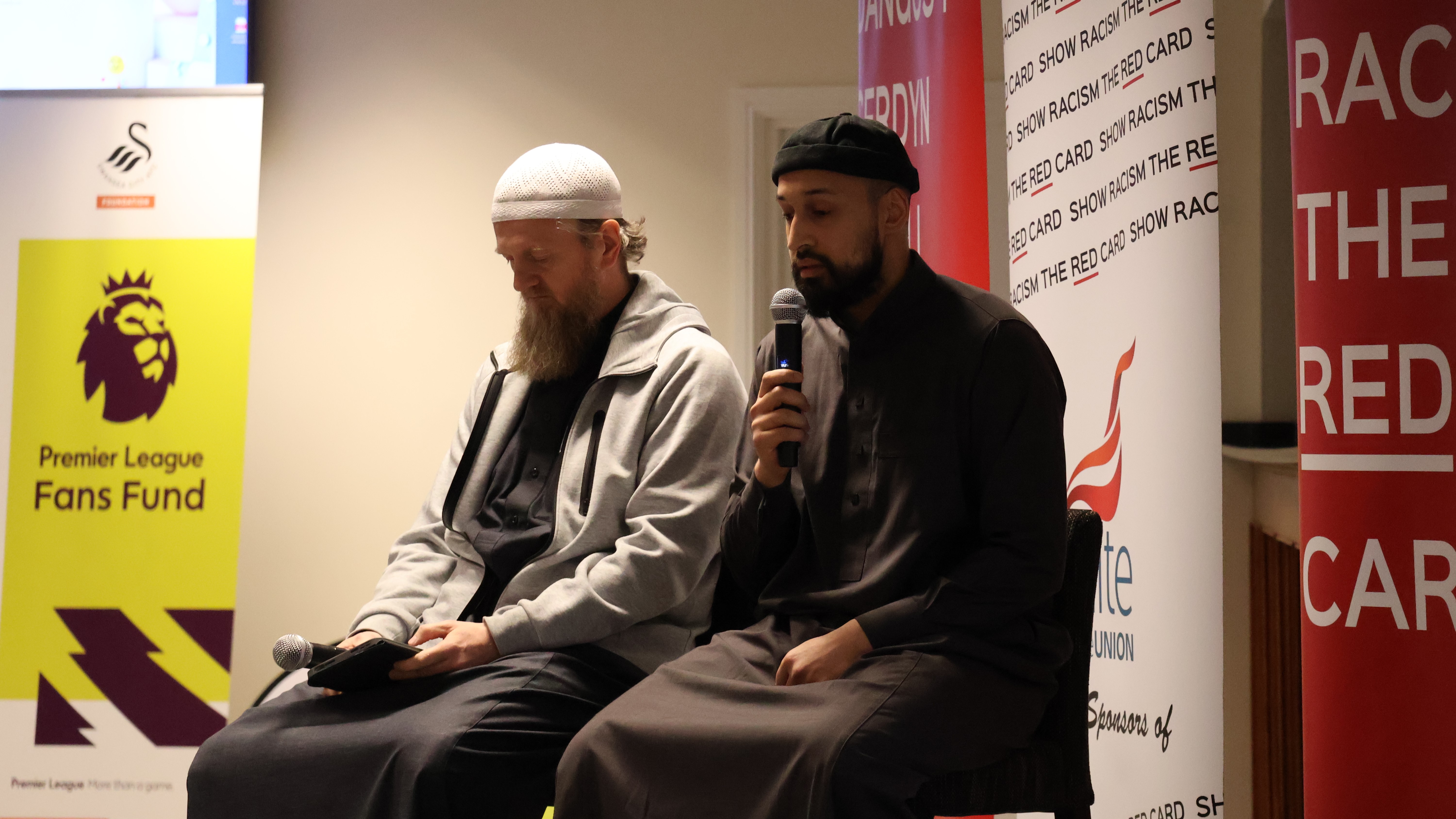Next steps after social media boycott

The boycott took place between April 30 to May 3, with the Swans having previously become the first football club in world football to take the stance of closing down its social media channels for an entire week.
Now the pressure is on social media companies to respond to the change we want to see on their platforms.
The combined following of the accounts who we know joined the social media boycott and supported our calls for change totalled over 1.7 billion, showing our requests to social media were shared far and wide across the UK and overseas.
The Swans and the rest of the EFL clubs led the initial boycott plans, alongside Kick It Out, The FA, Premier League, FA Women’s Super League, FA Women’s Championship, PFA, LMA, PGMOL, the FSA and Women in Football. Soon gathering momentum, a range of other sports, organisations and individuals swiftly followed suit.

Alongside football, clubs and governing bodies of other sports across the UK, including rugby, cricket, tennis, cycling, horseracing, hockey and netball all took part, as well as brands including Barclays, Adidas and Nike, broadcasters and media outlets such as Sky Sports, BT Sport and talkSPORT, with many EFL partners also joining the boycott, including title sponsor Sky Bet. All formula one drivers boycotted their social channels, including Lewis Hamilton, alongside iconic footballing figures such as Lionel Messi. FA President Prince William also took part, joining UEFA, FIFA and a number of international football associations.
However, we know a social media boycott alone is not enough. The boycott demonstrated the power of the collective voices involved, and now places pressure on social media companies to step up and use their powers to effect change. Whilst we know that social media brings communities together, and allows people to connect, that cannot be at the cost of others who receive abhorrent online abuse.
As a reminder, below is the change we are calling for, from social media companies:
- Apply preventative filtering and blocking measures to stop discriminatory abuse being sent or seen
- Be accountable for safety on platforms and protect users by implementing effective verification
- Ensure real-life consequences for online discriminatory abuse: ban perpetrators, stop account re-registration and support law enforcement
- A warning message to be displayed if a user writes an abusive message and need to enter personal data if they wish to send the message
- Platforms to have robust, reliable and quick measures in place if abusive material is sent or posted
- Transparent quarterly reports on the work social media companies are doing, internally and externally, to eradicate abuse on their platforms
Trevor Birch, EFL chief executive said: “One month ago, EFL clubs put forward proposals for a social media boycott to make a stand against sustained online abuse of players and others connected to our game.
“The protest went on to unite the football family and eventually extended to support from other sports, partners, brands and fans both at home and abroad ensuring our collective voice was heard by hundreds of millions across the globe.
“While boycott action is not the solution in isolation, we do know that our mutual anger has been heard and we welcome the UK Government’s announcement of the Online Safety Bill in the Queen’s Speech. It is important that legislation is robust, and we ask that social media companies heed our calls in the meantime to help combat online abuse on their platforms.”
If you have experienced or witnessed discrimination on social media, you can report it to us through our online reporting form or via our reporting app available on both iOS and Android. You should also make your local police force aware by filing a report here.
You can also report posts to the respective social media channels by using the following links: Facebook | Instagram | Twitter | TikTok | Snapchat | YouTube


